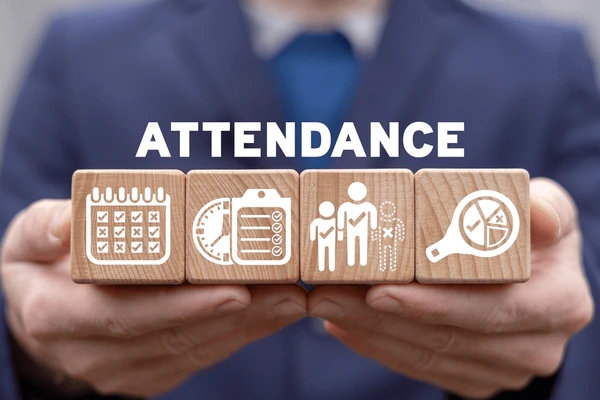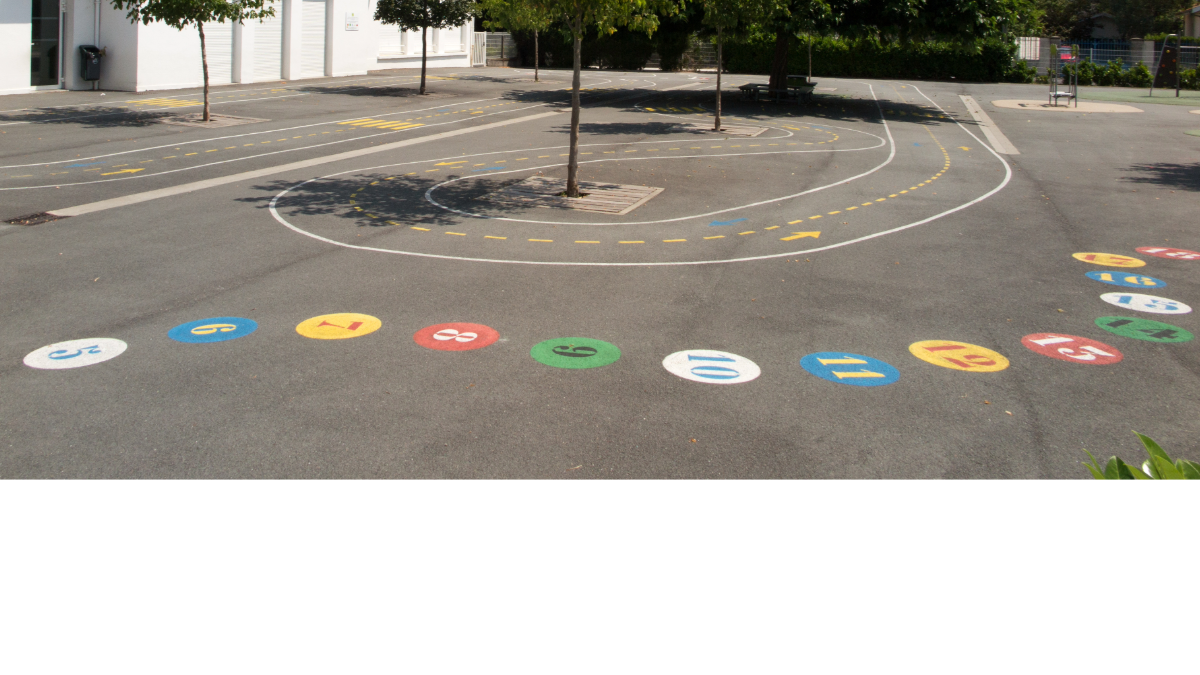📄 About This Session
In this session, Fresno Unified School District highlights its efforts to increase graduation and A–G completion rates for African American students through the African American Student Leadership Academy (AASLA) and the African American 9th Grade Academy (AA9A).
From cultivating university partnerships to embedding student and family voice into program design, the district team walks us through the strategies, tools, and lessons that have shaped their work. Student and parent panelists bring these stories to life, sharing firsthand how mentorship and culturally responsive practices have impacted their educational journeys.
Whether you’re a district administrator, school leader, or equity champion, this webinar offers actionable insights and inspiration to inform your local efforts.
💬 Key Takeaways
- Weekly mentorship check-ins are most impactful when paired with academic and social-emotional support.
- Student voices must inform program design and evaluation.
- University partnerships (e.g., with UC Merced, Fresno State) provide powerful opportunities for early exposure and long-term goal setting.
- Family engagement and consistent communication are cornerstones of sustainable progress.
🎙️ Featured Speakers
- Dr. Kimberly Hendricks-Brown – Principal on Special Assignment, Office of African American Academic Acceleration, FUSD
- Dr. Lisa Mitchell – Executive Director, Office of African American Academic Acceleration, FUSD
- Fresno Unified Student Panelists – AASLA Scholars from multiple cohort years
- Parent Voice – Perspective from a participating parent
- Moderator: Italo Ciccarelli, CCEE
🧭 About the Open Door Series
The Open Door series is hosted by the California Collaborative for Educational Excellence (CCEE) to spotlight authentic stories, tools, and strategies from across the state that promote equitable student outcomes.
🔗 Explore All Open Door Sessions
SESSION MATERIALS
WEBINAR VIDEO RECORDING
RESOURCES
- Individualized Student Success Plan (ISSP) (Downloadable Doc)
- Academic Targeted Intervention Plan (Downloadable Doc)








